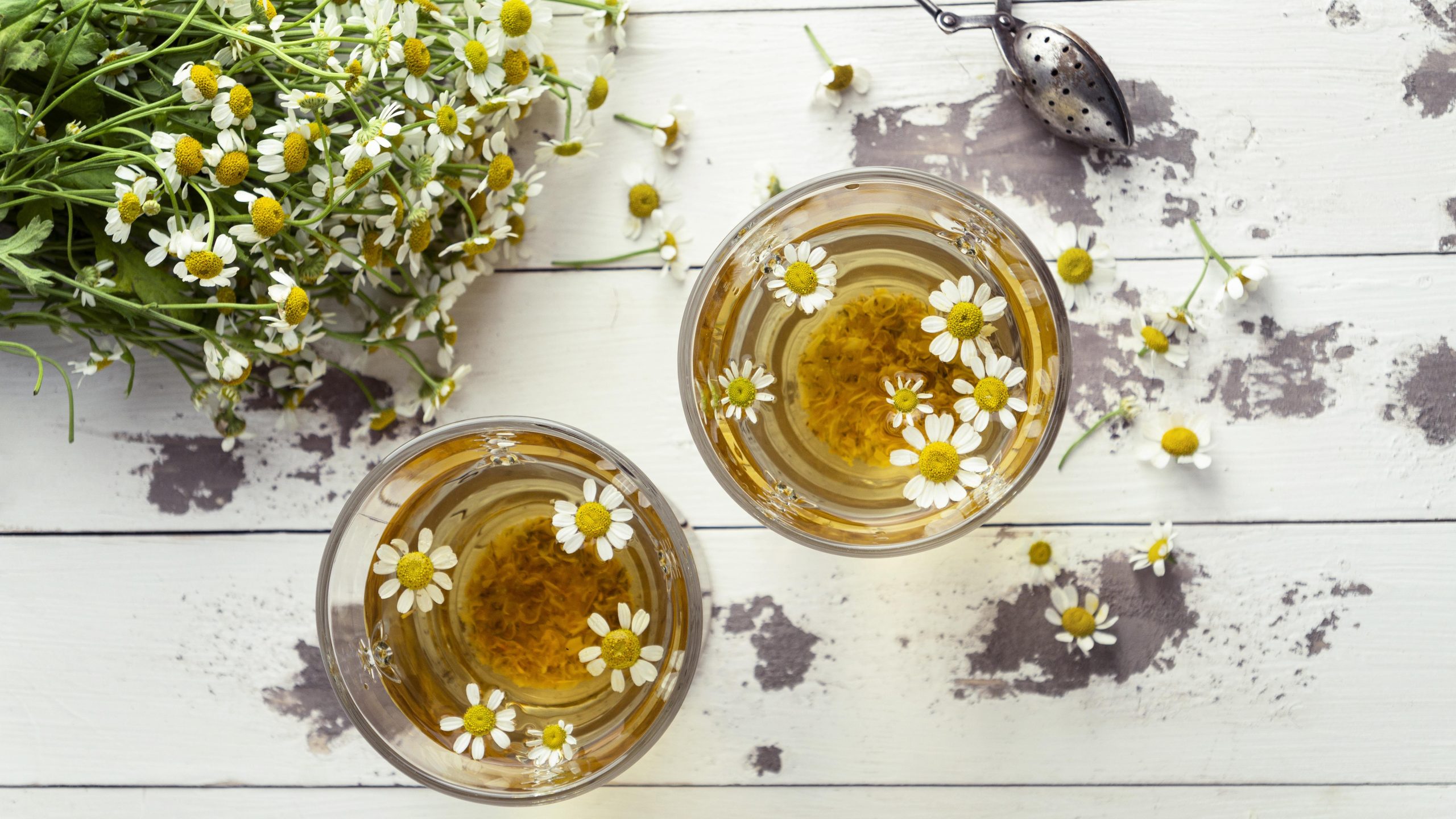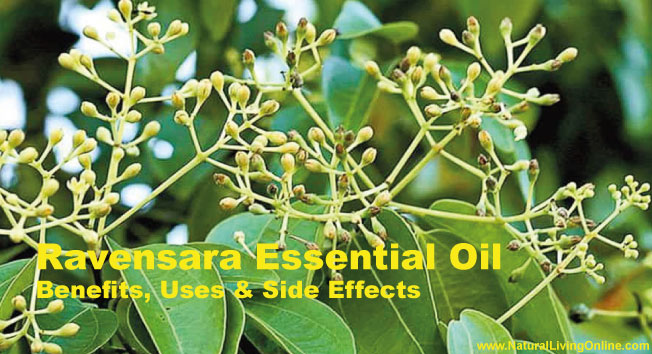Copaiba balsam oil is a natural oil derived from the resin of the copaiba tree. The tree is native to South America and has been used for centuries by indigenous people for its medicinal properties.
What is Copaiba Balsam?
Copaiba balsam is a thick, sticky resin that is extracted from the copaiba tree. The tree is native to South America and can be found in Brazil, Colombia, Peru, and Venezuela.
The copaiba tree is a tall, evergreen tree that can grow up to 30 meters (100 feet) tall. The tree has large, leathery leaves and white or yellowish flowers.
The copaiba tree produces a resin that is used to make copaiba balsam oil. The resin is harvested from the tree by making incisions in the bark. The resin is then collected and distilled to create the oil.
Different types of Copaiba Balsam:
There are two different types of copaiba balsam:
-Conopus type: This type of copaiba balsam is yellow or golden in color and has a sweet, floral scent. It is the most common type of copaiba balsam and is typically used in aromatherapy.
-Dipterix type: This type of copaiba balsam is dark brown or black in color and has a woody, earthy scent. It is less common than conopus type and is typically used for medicinal purposes.
How Copaiba Balsam Essential Oil is made?
Copaiba balsam essential oil is derived from the resin of the copaiba tree. The copaiba tree produces a resin that is used to make copaiba balsam oil. The resin is harvested from the tree by making incisions in the bark. The resin is then collected and distilled to create the oil.
What is the botanical name of Copaiba Balsam?
The botanical name of copaiba balsam is Copaifera officinalis.
The chemical constituents of Copaiba Balsam essential oil (Copaiba Balsam Essential Oil Monograph):
The main chemical constituents of copaiba balsam essential oil are:
– Beta-caryophyllene (60-80%)
– Alpha-humulene (5-15%)
– Limonene (1-10%)
What are the benefits Copaiba Balsam Essential Oil?
Copaiba balsam oil has a wide range of potential health benefits. The oil is known to be anti-inflammatory, antiseptic, and analgesic. Additionally, copaiba balsam oil has been used traditionally to treat respiratory conditions such as bronchitis and asthma.
The anti-inflammatory properties of copaiba balsam oil make it a popular natural treatment for conditions such as arthritis, Crohn’s disease, and ulcerative colitis. Additionally, the oil can be applied topically to treat skin conditions such as eczema and psoriasis.
The antiseptic properties of copaiba balsam oil make it effective in treating wounds and burns. The oil can also be used to treat respiratory conditions such as bronchitis and asthma.
The analgesic properties of copaiba balsam oil make it effective in treating pain. The oil can be used to relieve headaches, muscle pain, and menstrual cramps. Additionally, copaiba balsam oil can be applied topically to treat arthritis and other inflammatory conditions.
Copaiba oil is a promising natural product for the treatment of inflammatory and demyelinating diseases, such as Multiple sclerosis (MS).
Study
What are the side effects of Citronella essential oil?
Copaiba balsam oil is generally safe for most people. However, the oil can cause skin irritation in some people. If you experience any skin irritation after using copaiba balsam oil, discontinue use and consult a doctor.
Additionally, copaiba balsam oil should not be used by pregnant or breastfeeding women. If you are pregnant or breastfeeding, consult a doctor before using copaiba balsam oil.
Lastly, copaiba balsam oil can interact with certain medications. If you are taking any medication, consult a doctor before using copaiba balsam oil.
What are ways to use Copaiba Balsam Essential Oil?
There are many ways to use copaiba balsam essential oil. The oil can be used aromatically, topically, or internally.
Aromatic: Copaiba balsam essential oil can be diffused in a diffuser or inhaled directly from the bottle.
Topical: Copaiba balsam essential oil can be applied to the skin. The oil is typically diluted with a carrier oil such as jojoba oil or coconut oil before being applied.
Internal: Copaiba balsam essential oil can be taken internally. The oil can be added to water, tea, or juice. Additionally, the oil can be taken in capsule form. If you are taking copaiba balsam essential oil internally, consult a doctor beforehand.
Copaiba Balsam essential oil should not be used by:
– Pregnant or breastfeeding women
– Children under the age of 2
– People with sensitive skin
– People with medical conditions
If you are pregnant or breastfeeding, consult a doctor before using copaiba balsam essential oil. If you have sensitive skin, dilute the oil with a carrier oil before applying it topically. If you have a medical condition, consult a doctor before using copaiba balsam essential oil.
How can I use Copaiba Balsam Essential Oil internally?
Copaiba Balsam essential oil like any other essential oil should not be used internally without the permission and supervision of a doctor.
How can I use Copaiba Balsam Essential Oil topically?
Copaiba Balsam essential oil can be used topically once it is diluted with a carrier oil. To use the oil topically, mix a few drops of the oil with a carrier oil such as jojoba oil or coconut oil. Apply the diluted oil to the desired area of the skin.
How Copaiba Balsam Essential Oil helps in aromatherapy?
Copaiba Balsam essential oil has a woody and earthy aroma. The oil can be used in diffusers or inhaled directly from the bottle. The oil can also be added to water, tea, or juice.
Best Essential Oil diffuser blends for aromatherapy with Copaiba Balsam Essential Oil:
– citrus fresh: 3 drops of copaiba balsam oil, 2 drops of grapefruit oil, and 1 drop of lemon oil
– floral delight: 3 drops of copaiba balsam oil, 2 drops of lavender oil, and 1 drop of rose oil
– woodsy bliss: 3 drops of copaiba balsam oil, 2 drops of cedarwood oil, and 1 drop of sandalwood oil
– invigorating: 3 drops of copaiba balsam oil, 2 drops of peppermint oil, and 1 drop of rosemary oil
– relaxation: 3 drops of copaiba balsam oil, 2 drops of chamomile oil, and 1 drop of lavender oil
– focus: 3 drops of copaiba balsam oil, 2 drops of rosemary oil, and 1 drop of peppermint oil
– energy: 3 drops of copaiba balsam oil, 2 drops of lemon oil, and 1 drop of grapefruit oil
How can I use Copaiba Balsam Essential Oil in bath?
To use copaiba balsam essential oil in the bath, add a few drops of the oil to a tub of warm water.
How Copaiba Balsam has been used historically as a natural medicine?
Copaiba balsam has been used historically as a natural medicine. The oil was used to treat wounds and skin conditions. Additionally, the oil was used to treat digestive and respiratory issues.
– The Incas used copaiba balsam to treat wounds and skin conditions.
– The Mayans used copaiba balsam to treat digestive and respiratory issues.
– The Aztecs used copaiba balsam to treat wounds and skin conditions.
What blends well with Copaiba Balsam Essential Oil?
Copaiba balsam essential oil blends well with citrus oils, floral oils, woodsy oils, and minty oils.
What does not blend well with Copaiba Balsam Essential Oil?
Copaiba balsam essential oil does not blend well with spicy oils.
What does Copaiba Balsam Essential Oil smell like?
Copaiba balsam oil has a sweet, woody aroma and is yellow to brown in color.
Can I make Copaiba Balsam Essential Oil at home?
No, you cannot make copaiba balsam essential oil at home. The oil is extracted from the resin of the copaiba tree.
What is the shelf life of Copaiba Balsam Essential Oil?
The shelf life of copaiba balsam essential oil is 2-3 years.
Is Copaiba Balsam Essential Oil safe for kids?
No, copaiba balsam essential oil is not safe for kids. The oil should not be used on children under the age of 12.
Can Copaiba Balsam Essential Oil be used on pets?
No, copaiba balsam essential oil should not be used on pets.
DIY recipes using Copaiba Balsam Essential Oil:
– Relaxing bath bomb: 1 cup baking soda, 1/2 cup citric acid, 1/2 cup epsom salt, 1/4 cup cornstarch, 1 tsp. copaiba balsam oil, 10 drops lavender oil, 5 drops chamomile oil
– Muscle relief massage oil: 2 tbsp. carrier oil, 1 drop copaiba balsam oil, 2 drops peppermint oil, 2 drops eucalyptus oil
– Sinus relief inhaler: 10 drops copaiba balsam oil, 10 drops eucalyptus oil, 10 drops peppermint oil
– Anxiety relief roller bottle: 10 drops copaiba balsam oil, 10 drops lavender oil, 10 drops chamomile oil
– Immune boosting syrup: 1/2 cup water, 1/4 cup honey, 1 tsp. copaiba balsam oil, 10 drops lemon oil, 5 drops rosemary oil
The Bottom Line
Copaiba balsam essential oil is a versatile oil that can be used for a variety of purposes. The oil has a sweet, woody aroma and is yellow to brown in color. The oil is extracted from the resin of the copaiba tree. Copaiba balsam essential oil has a number of benefits, including reducing inflammation, boosting immunity, and promoting relaxation. Additionally, the oil can be used in diffusers or inhaled directly from the bottle to help clear congestion. Copaiba balsam essential oil is not safe for kids and should not be used on pets. If you are pregnant or breastfeeding, consult with a healthcare professional before using copaiba balsam essential oil.
This website does not provide medical advice.
All information provided on this website, and on associated social media networks, including but not limited to texts, images, and numbers are for general information purpose only. It is not intended as medical advice and it does not include all possible precautions, side effects, or interactions that may occur. Neither NaturalLivingOnline.com nor its author/founder take responsibility for how you use this information. Statements contained on NaturalLivingOnline.com have not been evaluated by the FDA. You should conduct thorough research via multiple sources and consult your physician or qualified doctor before using any essential oil or herbal remedy. Information on NaturalLivingOnline.com must not be relied upon for medical, legal, financial or other decisions.













